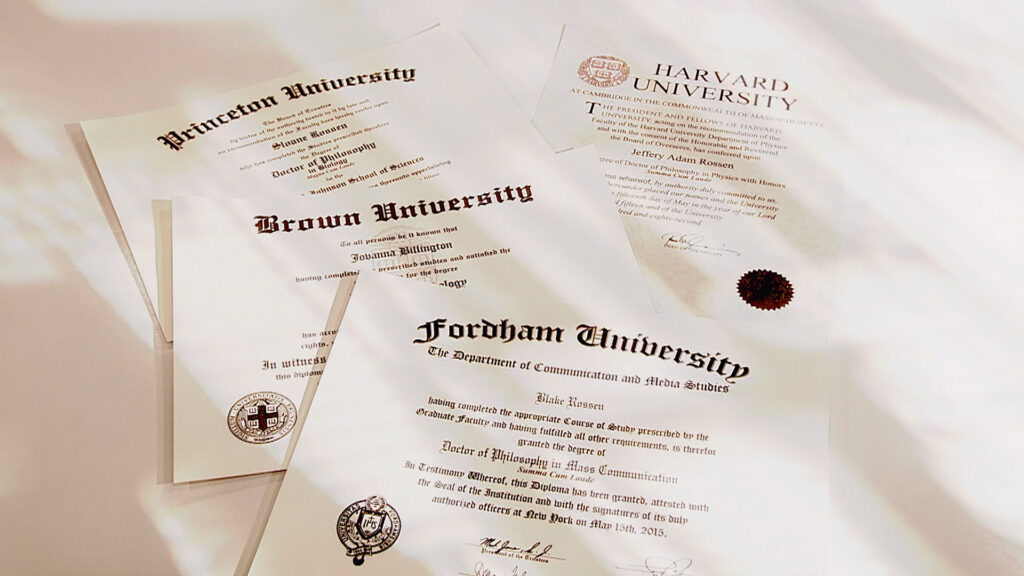Embarking on a journey to become a WordPress pro has never been more accessible or essential, especially in today’s digital landscape where a robust online presence is crucial for businesses and individuals alike. Our Intensive Training Program is designed to cater to all skill levels, from beginners who are just starting to explore the world of website creation to seasoned professionals looking to refine their expertise. This comprehensive program covers all facets of WordPress, ensuring participants gain a deep understanding of this versatile platform. At the core of our training is the belief that anyone can master WordPress with the right guidance and support. The program begins with the fundamentals, introducing participants to the WordPress dashboard, its features, and its intuitive interface. We break down the process of setting up a WordPress site, including domain registration and hosting options, making it easy for newcomers to grasp the basics. As we progress, we delve into more advanced topics such as theme customization, plugin integration, and SEO optimization. Our experienced instructors provide hands-on demonstrations, allowing participants to apply their newfound knowledge in real-time.

One of the standout features of our Intensive Training Program is its emphasis on practical application. Each module includes interactive assignments and projects designed to reinforce learning. Participants will have the opportunity to create their own WordPress training course websites, enabling them to showcase their skills and gain valuable experience. This hands-on approach not only solidifies understanding but also boosts confidence, empowering learners to tackle real-world projects upon completion. Furthermore, we recognize that WordPress is constantly evolving, with new features and updates released regularly. Therefore, our training program includes ongoing support and resources to keep participants informed about the latest trends and best practices in WordPress development. Whether it is exploring the newest plugins that enhance site functionality or understanding emerging design trends, our program ensures that learners remain at the forefront of the industry. Networking is another crucial aspect of our program. Participants will have the chance to connect with fellow learners, industry professionals, and potential mentors.
This community environment fosters collaboration and encourages sharing of ideas and experiences, enriching the learning process. Additionally, guest speakers from various sectors of the digital landscape will share their insights, providing participants with diverse perspectives on the opportunities that lie ahead in the world of WordPress. By the end of the Intensive Training Program, participants will not only have a strong foundation in WordPress but also a portfolio of work showcasing their skills. They will be well-equipped to build professional websites, manage online content, and leverage WordPress for personal projects or business ventures. Moreover, this program positions learners for various career paths in web development, digital marketing, and content creation, making it a valuable investment in their future. In conclusion, our Intensive Training Program offers a unique opportunity to become a WordPress pro, tailored for all levels of expertise. With comprehensive training, hands-on projects, and ongoing support, participants will emerge with the skills and confidence necessary to succeed in the digital realm. Join us today and take the first step towards mastering WordPress!

